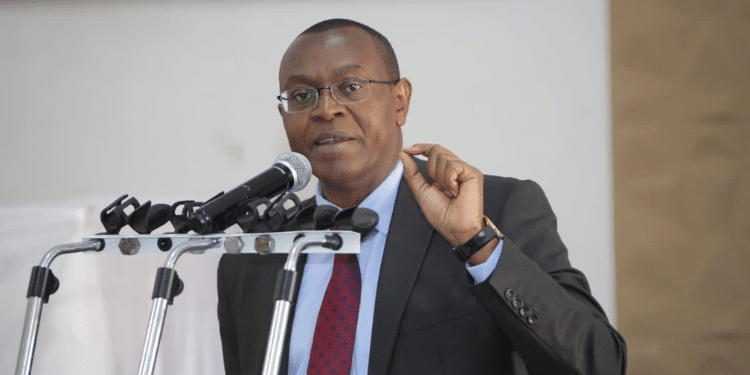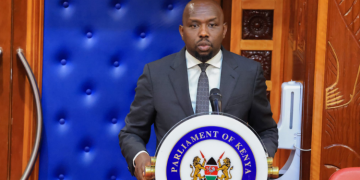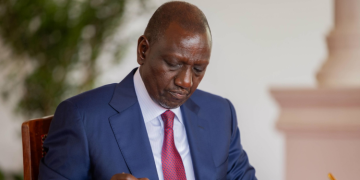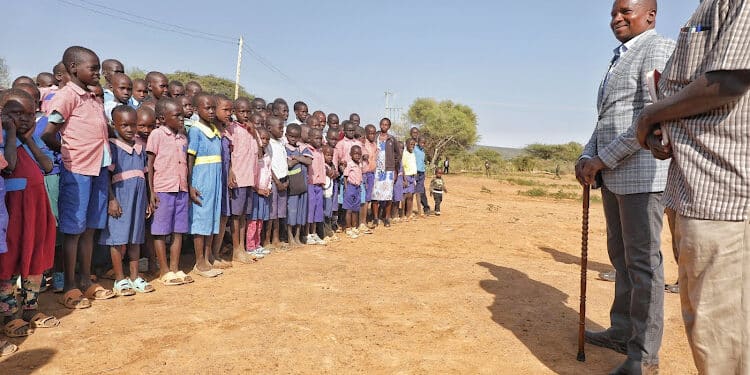No more initiatives have been taken for the nomads globally. Historic lifestyle of nomads reflects a deprived and in-humanistic approach that needs to be addressed urgently. Future survival of children of nomads is beggary. Educating new generation of nomads is primary responsibility of a state.
Nomads are known for their traditional lifestyle and migration. It is estimated that there are about 30-40 million nomads around the world. They have tribe system, existing globally and have no concern with the modern living. Nomads have a long history, and they are thought to have originated South Asian region before crossing to different countries.
The dominant characteristics of lifestyle of nomads is to move from place to place and mostly reside near cities. The major objective of residing near cities is begging. One of the dark and criminal aspect of their life is to enforce their children for begging.
Several research reported that some nomads’ tribes have tradition to disable their children physically for begging. Disabling the children has also been reported by police in many areas particularly in South Asian region. Except this, nomads have been reported in a number of criminal acts including theft, murder and street crimes. On other side, states and the societies look to do nothing for the upgradation these people.
Nomads’ life is miserable particularly in African region. They have superstitious approach and in-humanistic traditions and lifestyle that is totally against the values and discipline of human beings. In this situation, this is primary responsibility of the states to take the initiatives for the upgradation of living standard of nomads.

Nomads and their lifestyle
The miserable life of the nomadic children is looking for mercy. Their ignorant nomadic parents have pushed their innocent life into disability and beggary. Such children can be seen in the streets for begging particularly in developing countries. Values and policies look to have failed for the provision of basic needs to nomadic children.
UNICEF, the United Nations Children’s Fund, is continuously working to educate nomadic children. UNICEF has established model schools to educate the nomadic children particularly in the African region.
Similarly, policies and societal values look to be inactive for the practical contributions in educating nomadic children who are looking for mercy in different regions of the world.
Also Read: Lazy Ugandans to be Beaten to Learn How to Become Rich
UNICEF reports that nomads constitute about 6 percent of the African population. Nomadic people are found in more than 20 countries in Africa. Nomads in Africa constitute a sizeable proportion of the world population. Their traditions are keeping their children deprived from the basic rights. This is the alarming situation that should be addressed.
Initiatives have been taken to some extent including establishing mobile schools for the nomadic children in Kenya. Mjeru (2022) reports that National Council for Nomadic Education in Kenya (NACONEK) has established low-cost boarding schools as safe spaces for learners faced by challenges of the nomadic lifestyle. NGOs are working to literate the nomadic children.
UNESCO offered King Sejong a Literacy Prize for empowering nomadic children as well. Still, serious initiatives need to be taken to address the basic needs of nomadic children. According to Al Jazeera, in Chad, nomads constitute about tenth of the country’s population and mostly children in the nomad community are away from primary education.
Recently, fewer students belonging to nomads are enrolled in primary schools in Chad. Similar situation is observed in other countries of Africa as well. Similar situation has been reported in other countries of Africa as well. The basic reason is lack of successful initiatives to shift the traditional living of nomads to healthy living.
Also Read: Re-imagining Mentorship in Teacher Training in Kenya for Better Results
The Way Forward
Higher education institutions should take the initiatives in the form of internship and community development programs to teach the nomadic children.
Concrete policies are required to educate the nomadic children. There should be no gap in the policies and practices to educate the nomadic children. NGOs should be encouraged and financially supported for educating nomadic children.
In addition, donors should be appreciated by the states for establishing schools for the nomadic children. Schools for the nomadic children should be established as public sector institutions.

Finally, teaching and financial support projects should be initiated for the nomads to shift their traditional living to a healthy living. Education system should offer scholarships/financial assistance to the nomadic children.
Follow our WhatsApp Channel for real-time news updates:
https://whatsapp.com/channel/0029VaB3k54HltYFiQ1f2i2C






































































